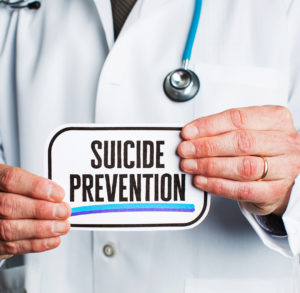There are many awareness campaigns designed to urge people to quit smoking. Some of these messages attempt to educate smokers about the many dangers smoking can have on your health or the health of your unborn child, but did you know that if you smoke, it can affect your ability to even have a baby?
There have been multiple studies to support the theory that smoking has an adverse effect on fertility. Research has found that the prevalence of infertility is higher, and the time it takes to conceive is longer in smokers as compared to nonsmokers. It has also been proven that smoking can affect every stage of the reproductive process in both sexes because the chemicals in cigarettes can cause damage to both male sperm and female eggs.
In women, smoking can lead to many fertility problems, including:
- Problems with the fallopian tubes, including blockages (preventing egg and sperm from meeting) and an increased risk of ectopic pregnancy.
- Damage to the eggs as they develop in the ovaries.
- Increased risk of miscarriage, possibly due to damaged eggs, damage to the developing fetus, or unfavorable changes in the uterine lining, which may make healthy implantation of an embryo less likely.
In addition, smoking can cause a woman’s eggs to age prematurely, leading to an earlier onset of menopause and a shorter window to conceive.
But men should be equally concerned about how smoking can affect their chances of conceiving a child. Studies have concluded that smoking affects sperm in a variety of ways, including:
- Concentration, which refers to the number of sperm found in a measured quantity of semen. Studies have shown a 23 percent decrease in sperm concentration in men who smoke.
- Mobility, which measures the swimming capabilities sperm. If sperm cannot swim properly, they may have trouble reaching the egg.
- Morphology, which relates to the shape of the sperm. Non-smokers have more healthy shaped sperm, which have a better chance to fertilize an egg.
- DNA damage, which can lead to problems with fertilization, embryo development, embryo implantation, and increased miscarriage rates.
The good news is that the damage done to both the male and female reproductive system as a result of smoking is reversible. For men, it takes approximately three months for new, healthy sperm to mature. For women, quitting smoking can improve natural fertility within less than a year.
If you want to have a baby, but you are a smoker, quit now! If you need help, Flushing Hospital Medical Center offers smoking cessation services to help you. For more information, please call 718-206-8494.
All content of this newsletter is intended for general information purposes only and is not intended or implied to be a substitute for professional medical advice, diagnosis or treatment. Please consult a medical professional before adopting any of the suggestions on this page. You must never disregard professional medical advice or delay seeking medical treatment based upon any content of this newsletter. PROMPTLY CONSULT YOUR PHYSICIAN OR CALL 911 IF YOU BELIEVE YOU HAVE A MEDICAL EMERGENCY.










